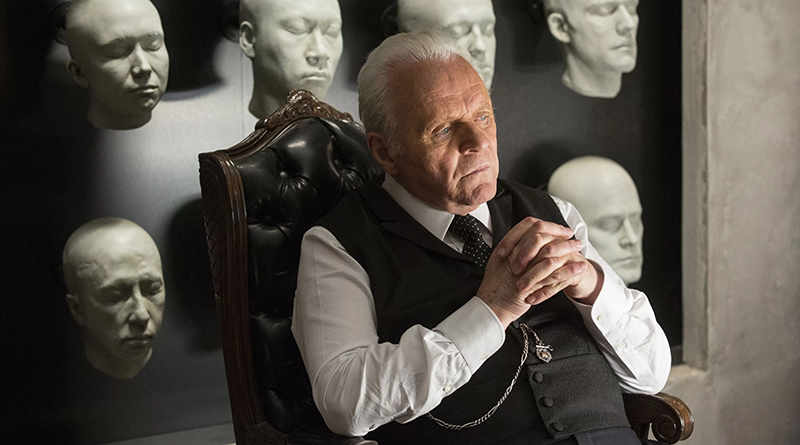The Bicameral Mind Explains What’s Next for “Westworld”
Interview with Julian Jaynes Society Executive Director Marcel Kuijsten on Julian Jaynes’s bicameral mind theory and Westworld.
from Inverse
The idea that technology inevitably mimics — and trumps — evolution is, on first blush, the subtext of HBO’s new hit show Westworld. This makes the prestige science fiction drama zeitgesit-y as hell. At the dawn of the age of artificial intelligence, the public is used to hearing from neural net weavers and judgment day prophets claiming that robot self-awareness is a few software updates away.
But what makes Westworld fascinating and unexpectedly subversive is that its allusions to cutting-edge research seem to have been — to a degree — an intellectual smoke screen. Fans just got a peak through that haze in Episode 3, “The Stray,” when Dr. Robert Ford (Anthony Hopkins), the show’s modern Prometheus, name-checked Julian Jaynes’s theory of the “Bicameral Mind.” For an instant, the show was laid bare.
Introduced in the blockbuster 1976 treatise, The Origin of Consciousness in the Breakdown of the Bicameral Mind, bicameralism suggests that the human brain hasn’t always functioned in the same manner. As recently as 3,000 years ago, the theory goes, men and women lacked what their ancestors came to define as self-awareness because they didn’t yet have the linguistic tools for introspection. In essence, bicameralism states that humans needed better code to function like individuals rather than like horny defecation machines. That code was metaphorical language.


